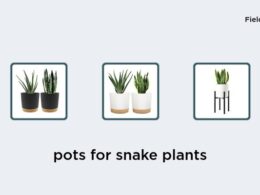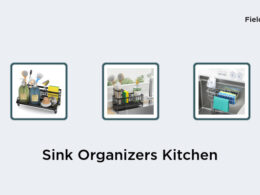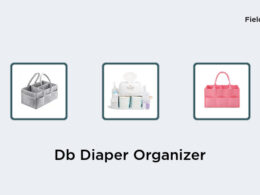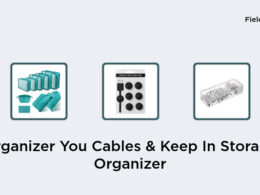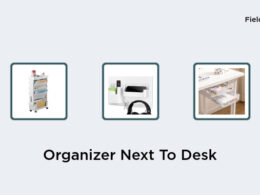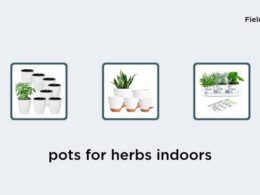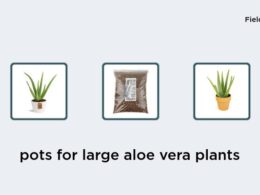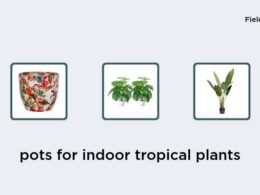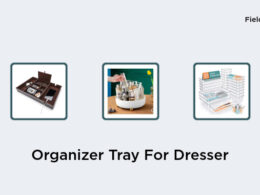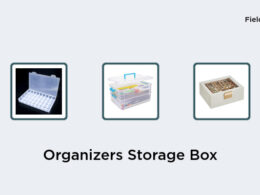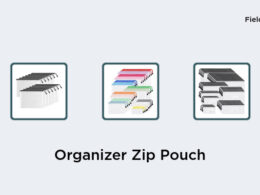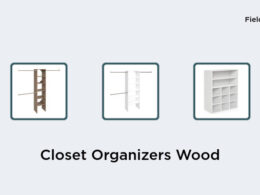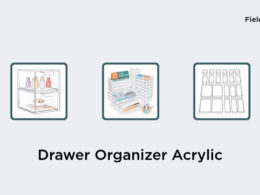Hydroponics is a growing technique that has become increasingly popular among garden enthusiasts. While many plants thrive in hydroponic systems, there are some types of plants that are better suited to traditional soil-based gardening. Here are some plants that are not recommended for hydroponic growing:
Corn – Due to the multiple roots and height of corn, it needs plenty of sunlight and space to grow.
Potatoes and Sweet Potatoes – Potatoes are large root vegetables, which take up a lot of space in hydroponic systems.
Vine Crops – Vine crops such as cucumbers, peas, and beans can be grown in hydroponics but require support systems which can be challenging to implement.
Cabbage – Cabbage can be grown in a hydroponic system but requires a lot of space to grow, making it less practical for smaller systems.
Pumpkin and other Gourds – These plants require a lot of space and support, making them less ideal for hydroponic cultivation.
Squash and Melon – Growing squash and melon in a hydroponic system can be challenging because of the space required for their sprawling vines.
Overall, if you are planning to start a hydroponic garden, it’s important to choose plants that are most suited to this type of growing technique. While some plants are better suited to traditional gardening methods, there is still a wide selection of plants that can be grown hydroponically.







